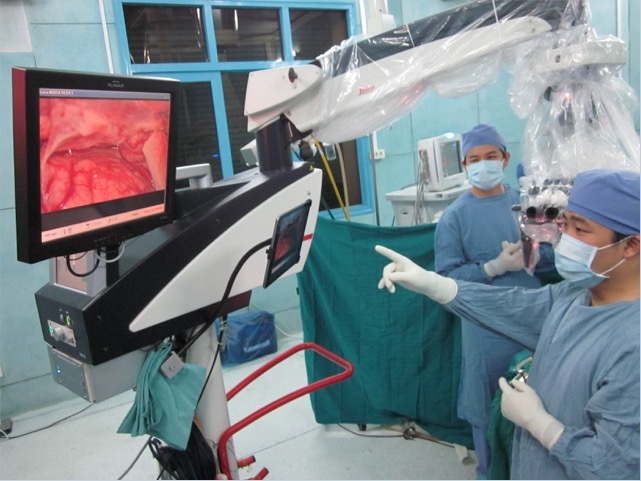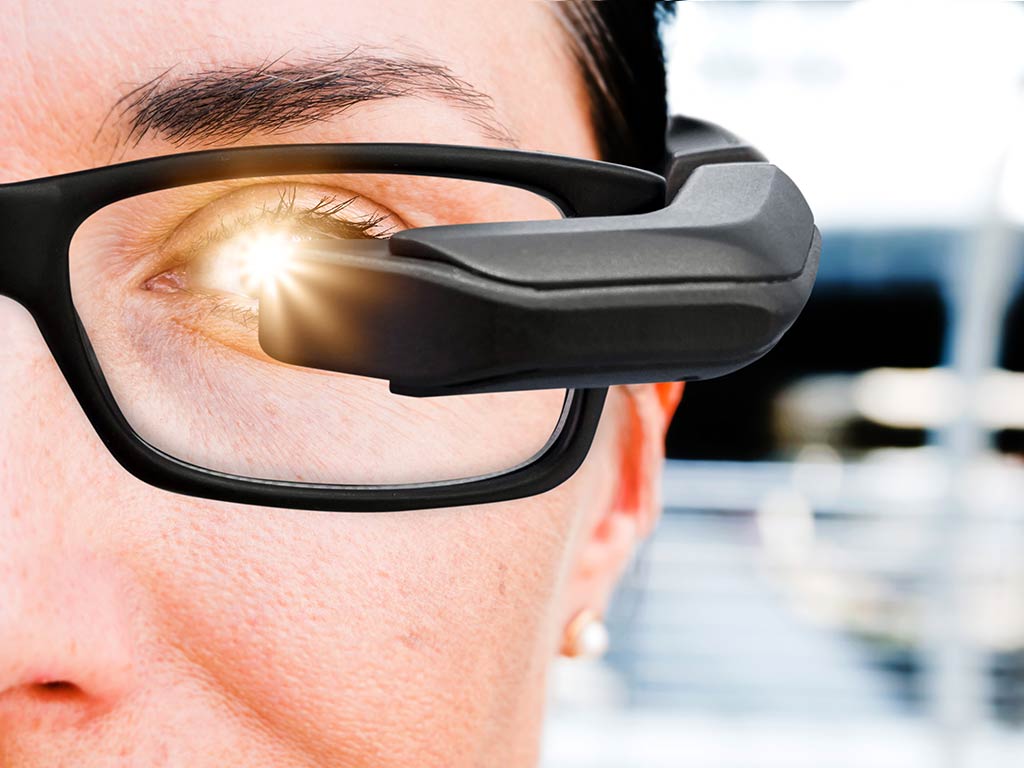Location information
Hospital address
Western General Hospital Western general hospital Crewe road south Edinburgh Midlothian EH4 2XU United Kingdom
Hospital type
Public
Hospital description
Tertiary/National
Description
Final year UK neurosurgery trainee. Sub specialist fellowships in anterior skullbase / endoscopic pituitary surgery organised in UK and USA during the next 18 months.
Also a clinical lecturer with the University of Edinburgh. Doctoral research involved engineered silicon:neuron interfaces.
Member information
Name
Mark Hughes
Member type
Individual independent practitioner
Specialty
Neurosurgeon
Subspecialties
- Adult neurosurgeon
Languages spoken
- English
Social profiles
Conditions treated
- Hydrocephalus
- Trauma
- Spine
- Tumor
- Peripheral Nerve
- Skull Base
Equipment used
- Drill
- Microinstruments
- Microscope
- Neuroendoscope Flexible
- Neuroendoscope Rigid
- Frameless navigation
- MRI
- Angiography
- CT



